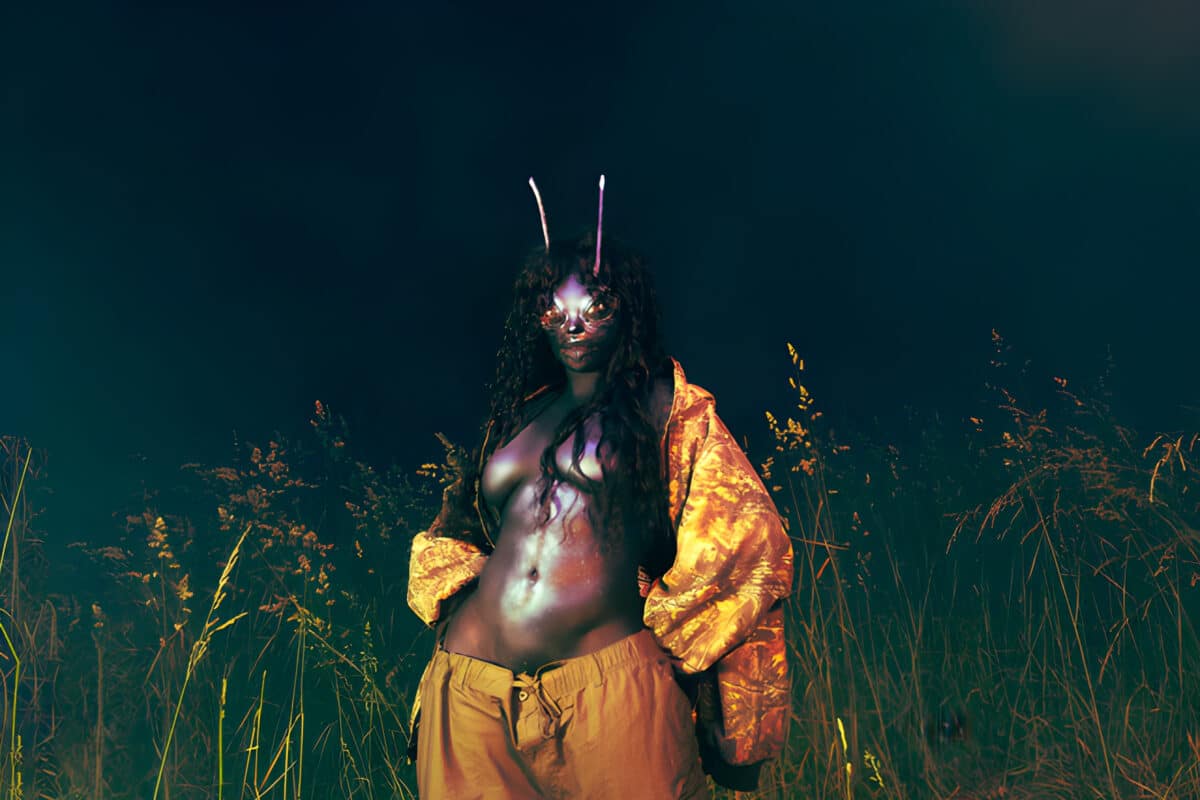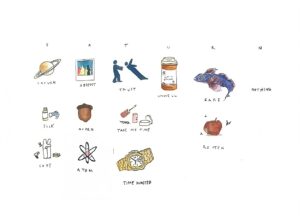Released: 2024
“Scorsese Baby Daddy” by SZA delves into the complexities of relationships and self-discovery, framed by an intense introspection that parallels cinematic drama. SZA employs rich, evocative language to explore the intricate balance between chaos and desire for stability, creating an artistic narrative akin to a Martin Scorsese film’s tumultuous character arcs.
The opening lines of the song instantly plunge the listener into a personal space of yearning and longing, where love and validation become pivotal. The repetition of “baby” in the hook sets the stage for a personal plea, underlining the emotional turbulence the singer is experiencing.
In the initial verse, SZA confesses to dealing with her problems through temporary escapism. The phrase “rolled up all my problems” can be interpreted both literally and metaphorically, indicating she chooses to cope by smoking. Instead of reaching out to a supportive figure like her mom, she resorts to more physical means, hinting at her struggle with traditional forms of comfort.
The line “Addicted to the drama, Scorsese baby daddy” draws a vivid comparison between her chaotic personal life and a Scorsese film, known for intense and dramatic storytelling. It suggests a pattern of attracting or engaging in tumultuous relationships, where the chaos is both a source of addiction and artistic intrigue.
The pre-chorus encapsulates SZA’s recognition of her self-destructive tendencies and the craving for someone to share the emotional load. She describes her fluctuating mood states with phrases like “in a bad mood, baby, come work me out” and “I’ma crash out, baby, don’t slow me down,” which imply both a desire for intimacy and an awareness of impending emotional breakdown.
In the chorus, SZA grapples with her self-awareness and the pressures of ‘doing the most’ to keep her relationship afloat. “Hate to be the one” suggests the internal conflict of needing to constantly manage and mend, yet feeling trapped in a cycle that demands such effort.
SZA’s introspective verse touches on themes of femininity and motherhood, illustrated in the lines “Period is late again, I wonder if I cooked a baby.” This not only signifies a moment of fear or anticipation regarding potential pregnancy but also symbolizes deeper reflections on what it means to mature into a ‘lady.’
Her storytelling is intimate and reflective, demonstrating an oscillation between emotional vulnerability and bravado. She plays with identity, musing on how her persona fits within the confines of a relationship and whether her partner can “be the one to love me forever.”
As the song unfolds, SZA juxtaposes personal growth with a reliance on external affirmation. The recurring query of whether her partner can truly love her in her most chaotic state resonates throughout the song, echoing the cinematic exploration of flawed characters searching for redemption.
The closing reiteration “You love me for it” serves as both an assertion and a hopeful declaration, hinting at an ongoing search for unconditional love amidst life’s unpredictabilities. SZA uses her platform to vulnerably share these relatable complexities, highlighting the perennial human struggle of finding harmony between inner chaos and external affection.








